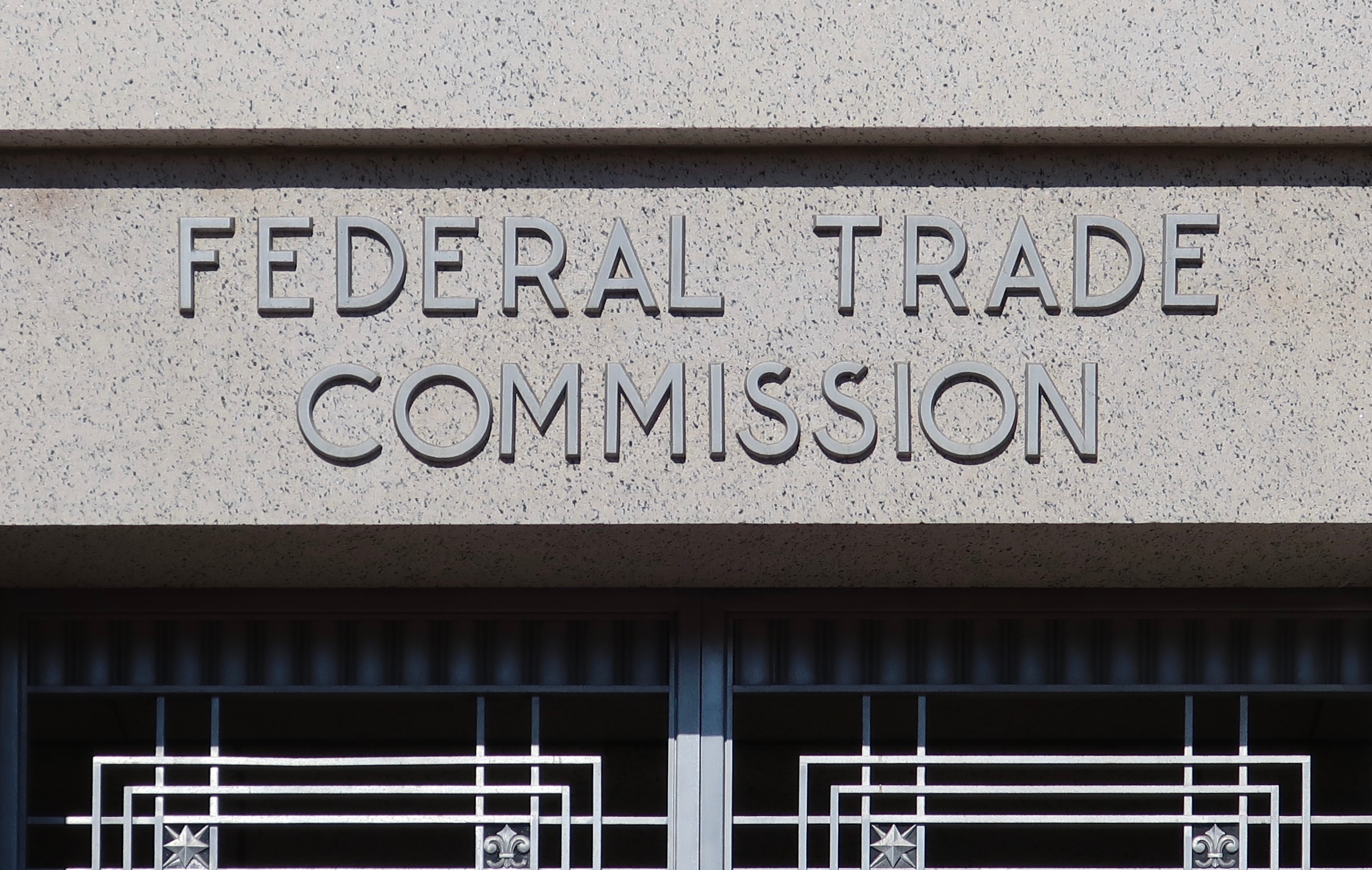District Courts Are Split on Whether the FTC’s Noncompete Ban Should Go into Effect
By Jill Kahn Marshall and Anna Beckelman
In April 2024, the Federal Trade Commission (FTC) issued a final rule banning noncompete agreements nationwide, with the intent of “protecting the fundamental freedom of workers to change jobs, increasing innovation, and fostering new business formation.” While the ban is set to take effect on September 4, 2024, its validity is currently being contested in federal courts throughout the country, with the primary focus on the extent of the FTC’s rulemaking authority. The first two District Courts to rule on the issue have thus far reached opposing conclusions.
In early July, U.S. District Judge Ada Brown of the Northern District of Texas issued a preliminary injunction which prevents the FTC from enforcing the noncompete ban specifically against the U.S. Chamber of Commerce and Ryan LLC (a global tax services firm), both of which had challenged the rule, until she makes a ruling on the merits in late August. Judge Brown’s order indicates that she will likely strike down the noncompete ban, as she opined that “the commission has exceeded its statutory authority in promulgating the non-compete rule” and that the FTC “lacks substantive rulemaking authority with respect to unfair methods of competition.”
On the other hand, on July 23, U.S. District Judge Kelley Brisbon Hodge of the Eastern District of Pennsylvania declined to issue a stay and preliminary injunction that would keep the noncompete ban from taking effect. Judge Hodge found that the plaintiff challenging the ban, a tree-trimming company in Philadelphia, would not suffer “irreparable harm” from the prohibition on noncompetes. Furthermore, she determined that the text of the FTC Act does not limit the Commission to strictly procedural rulemaking or to adjudication and therefore, “the FTC is empowered to make both procedural and substantive rules as is necessary to prevent unfair methods of competition.”
The matter will likely be appealed in both instances, so the outcome of the ban is far from settled. If Judge Brown issues a permanent injunction in August, the ban may in fact be delayed from taking effect as planned. Employers and employees should continue to monitor these legal developments in order to stay informed about the enforceability of these commonplace clauses in employment agreements.
 This article is intended as a general discussion of these issues only and is not to be considered legal advice or relied upon. For more information, please contact RPJ Partner Jill Kahn Marshall, who counsels individuals and corporations in the areas of employment law, litigation and dispute resolution, and healthcare. Ms. Marshall is admitted to practice law in New York and Massachusetts, as well as the District Courts for Massachusetts and the Southern and Eastern Districts of New York.
This article is intended as a general discussion of these issues only and is not to be considered legal advice or relied upon. For more information, please contact RPJ Partner Jill Kahn Marshall, who counsels individuals and corporations in the areas of employment law, litigation and dispute resolution, and healthcare. Ms. Marshall is admitted to practice law in New York and Massachusetts, as well as the District Courts for Massachusetts and the Southern and Eastern Districts of New York.

